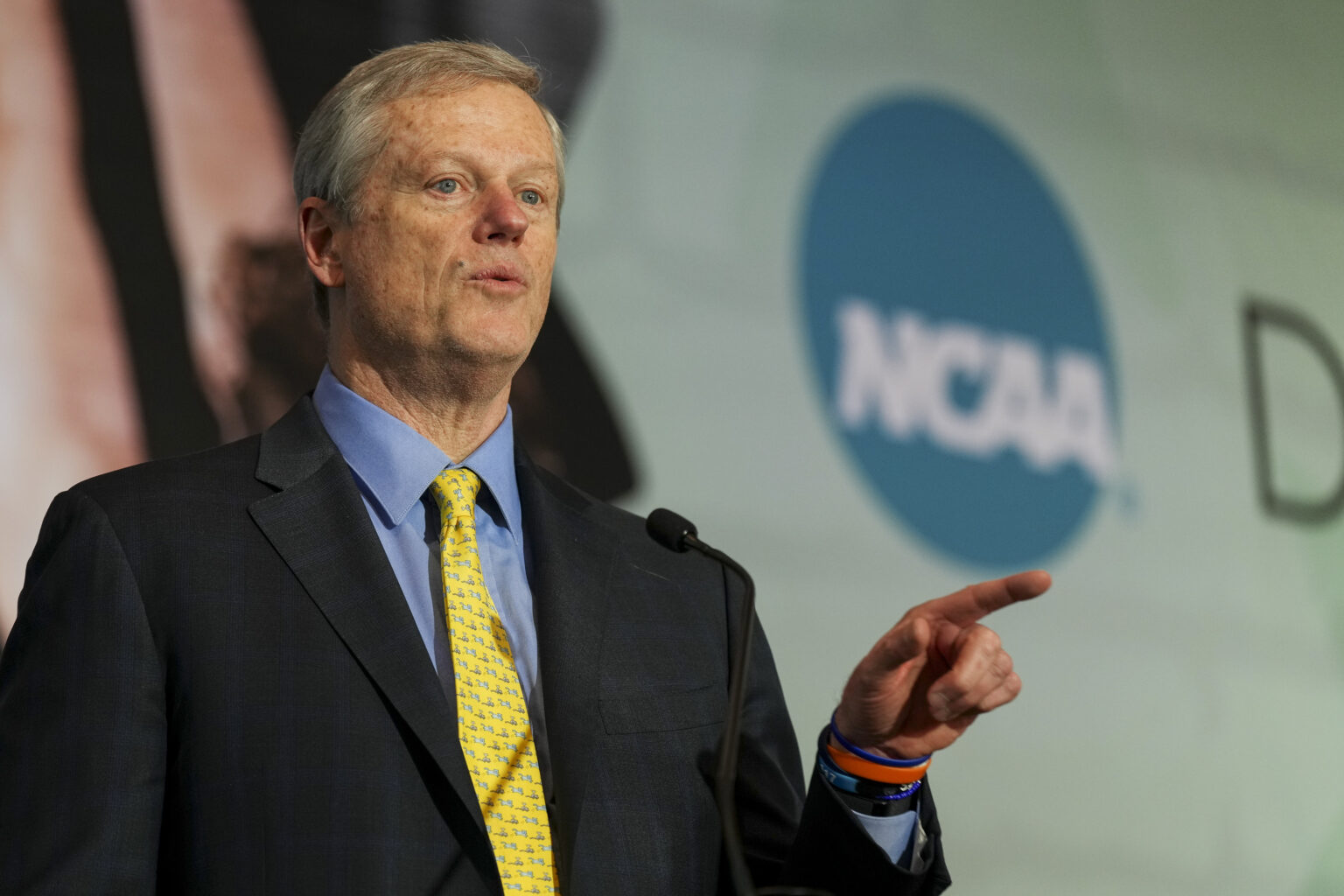Antitrust Developments and Legislative Momentum in College Sports
Following the recent approval of a settlement in three significant antitrust lawsuits against the NCAA and major athletic conferences, the landscape of college sports regulation is poised for a potential overhaul. This legal victory is expected to catalyze a flurry of legislative activity on Capitol Hill, as lawmakers consider bills that could reshape the future of collegiate athletics.
Draft Legislation Signals a Shift Toward NCAA-Friendly Policies
Leaked documents reveal that two House committees are drafting comprehensive legislation aimed at aligning federal law with the NCAA’s interests. These drafts encompass provisions that preempt state laws conflicting with NCAA rules, prohibit college athletes from being classified as employees, and extend broad antitrust protections. Such measures could effectively shield the NCAA and its member institutions from future legal challenges, particularly concerning salary caps on direct payments to athletes and regulations on booster spending within the NIL (Name, Image, Likeness) marketplace.
Political Collaboration and the Path Forward
While the initial drafts circulated among Republican members of the House’s Energy and Commerce Committee last week, they remain subject to revisions before becoming public. The primary draft, which is expected to be introduced during a legislative hearing scheduled for Thursday, includes a placeholder for the House Judiciary Committee to contribute language on antitrust immunity and state law preemption. The Judiciary Committee’s proposed language has also been obtained, indicating a coordinated effort across multiple House panels.
Key figures in this process include Chairman Brett Guthrie (R-Kentucky) of the Energy and Commerce Committee, subcommittee Chair Gus Bilirakis (R-Florida), who previously introduced a college sports bill in early 2024, and Jim Jordan (R-Ohio), chair of the Judiciary Committee. Notably, bipartisan cooperation appears to be emerging, with several House Republicans recognizing that unified efforts are essential for advancing legislation in this complex arena. Some members are also seeking input from the Education and Workforce Committee to ensure that college athletes remain classified outside the employee category.
Core Provisions and Potential Conflicts
The draft legislation emphasizes antitrust protections for enforcement of transfer rules and the registration process for sports agents. Critics, including athlete advocates, warn that requiring agents to be certified by the same entities they negotiate with could create conflicts of interest, potentially undermining athlete protections. Currently, the NCAA maintains a voluntary registry for NIL agents, but the proposed legislation could impose stricter registration requirements.
Legislative Stagnation and Bipartisan Discussions
Despite numerous hearings since summer 2021, legislative progress has been limited, with only one bill successfully advancing through a committee vote. Nonetheless, bipartisan talks continue, involving senators such as Ted Cruz (R-Texas), Jerry Moran (R-Kansas), Cory Booker (D-New Jersey), Richard Blumenthal (D-Connecticut), and Chris Coons (D-Delaware). These discussions aim to craft a balanced approach that addresses athlete rights, school revenue sharing, and legal protections.
Implications of the House Settlement and NCAA Advocacy
Effective July 1, schools will begin sharing revenue directly with athletes, intensifying the NCAA’s urgency to secure federal legislation. In a recent letter to Congress, NCAA President Charlie Baker reiterated the organization’s key priorities: affirming that student-athletes are not employees, securing limited liability protections, and resolving conflicts arising from state laws. Baker, a former Republican governor, was appointed partly for his bipartisan experience, aiming to navigate the legislative landscape effectively.
Political and Industry Reactions
Congresswoman Lori Trahan (D-Massachusetts), a former collegiate athlete, has expressed cautious optimism about recent progress but remains wary of congressional overreach. She emphasizes the importance of safeguarding Title IX, expanding NIL rights for all athletes, and prioritizing athlete health and safety. Trahan warns that misguided legislative intervention could jeopardize the gains made by athletes and advocates.
Changing Political Dynamics and Future Outlook
With Republicans controlling the Senate, House, and White House following the 2022 elections, the NCAA appeared to have a clearer path toward favorable legislation. President Donald Trump’s administration, which had previously paused efforts to recognize athletes as employees, has signaled a shift, with recent high-profile meetings involving college sports leaders and discussions about establishing a commission to examine the future of college athletics. Notably, SEC Commissioner Greg Sankey and Notre Dame Athletic Director Peter Bevacqua recently met with Trump, highlighting ongoing industry engagement.
As the legislative process unfolds, the latest draft bill from the House presents a notably NCAA-friendly stance, but history suggests that navigating the legislative maze will be complex and unpredictable. The coming months will be critical in determining whether federal law can effectively address the evolving landscape of college sports, balancing athlete rights, institutional interests, and legal protections.

